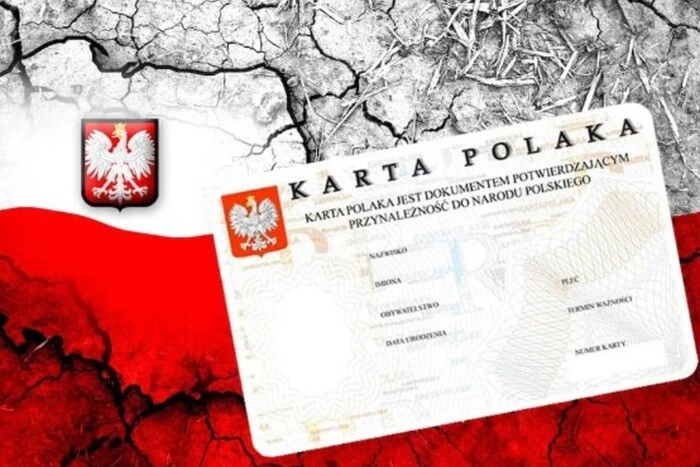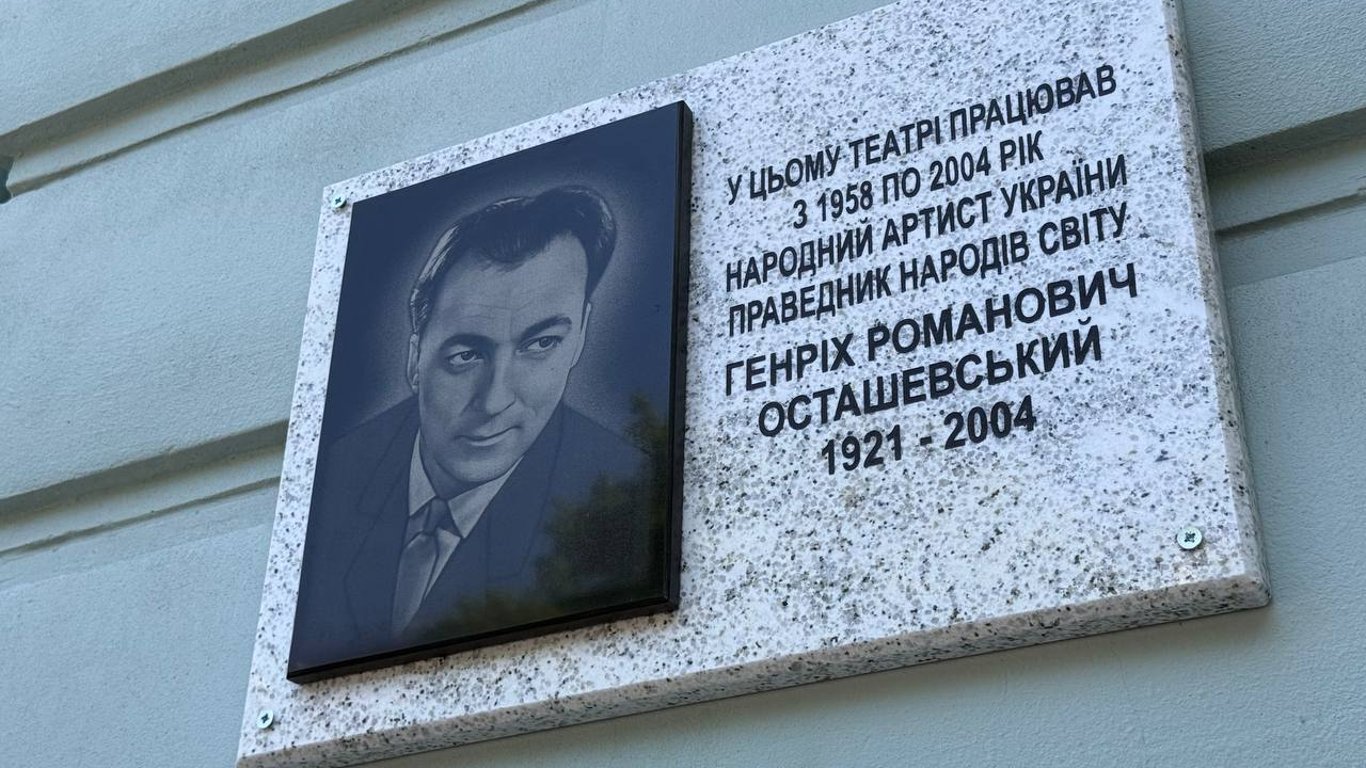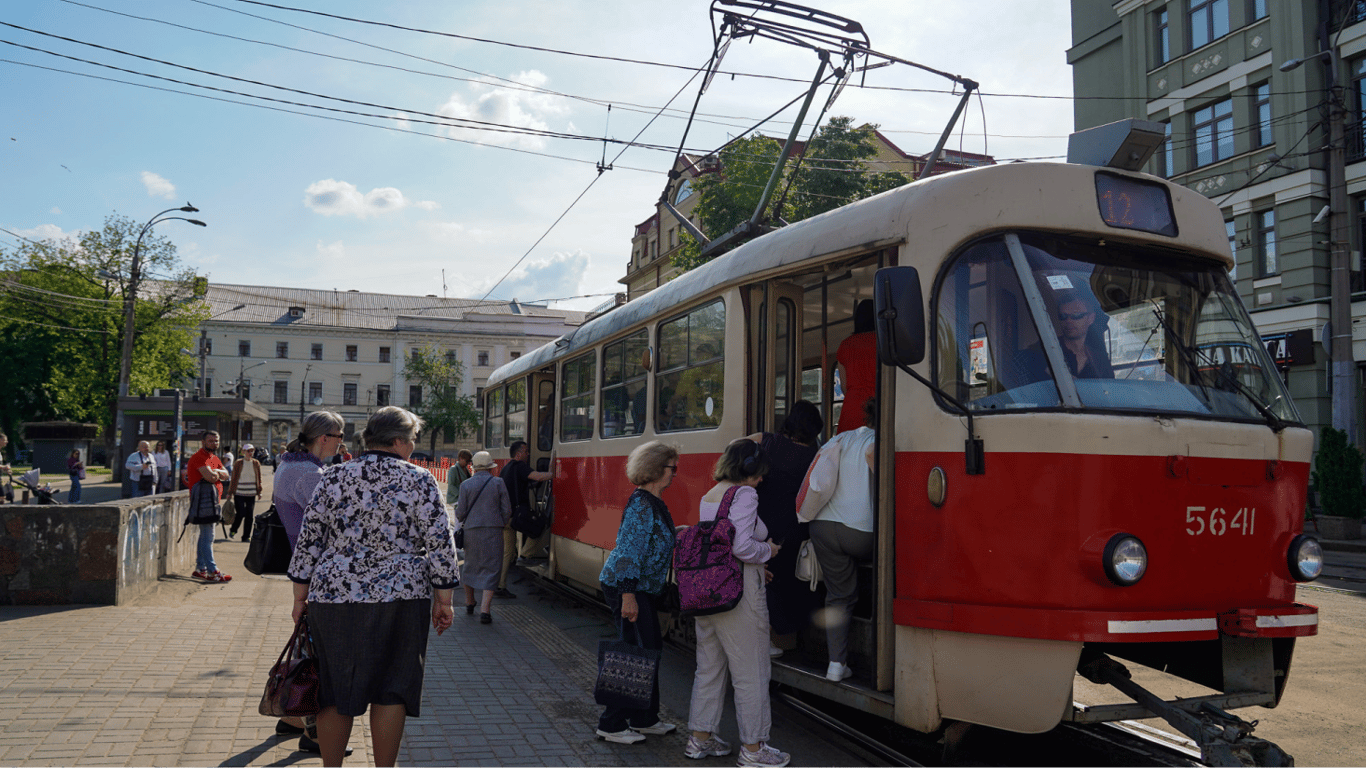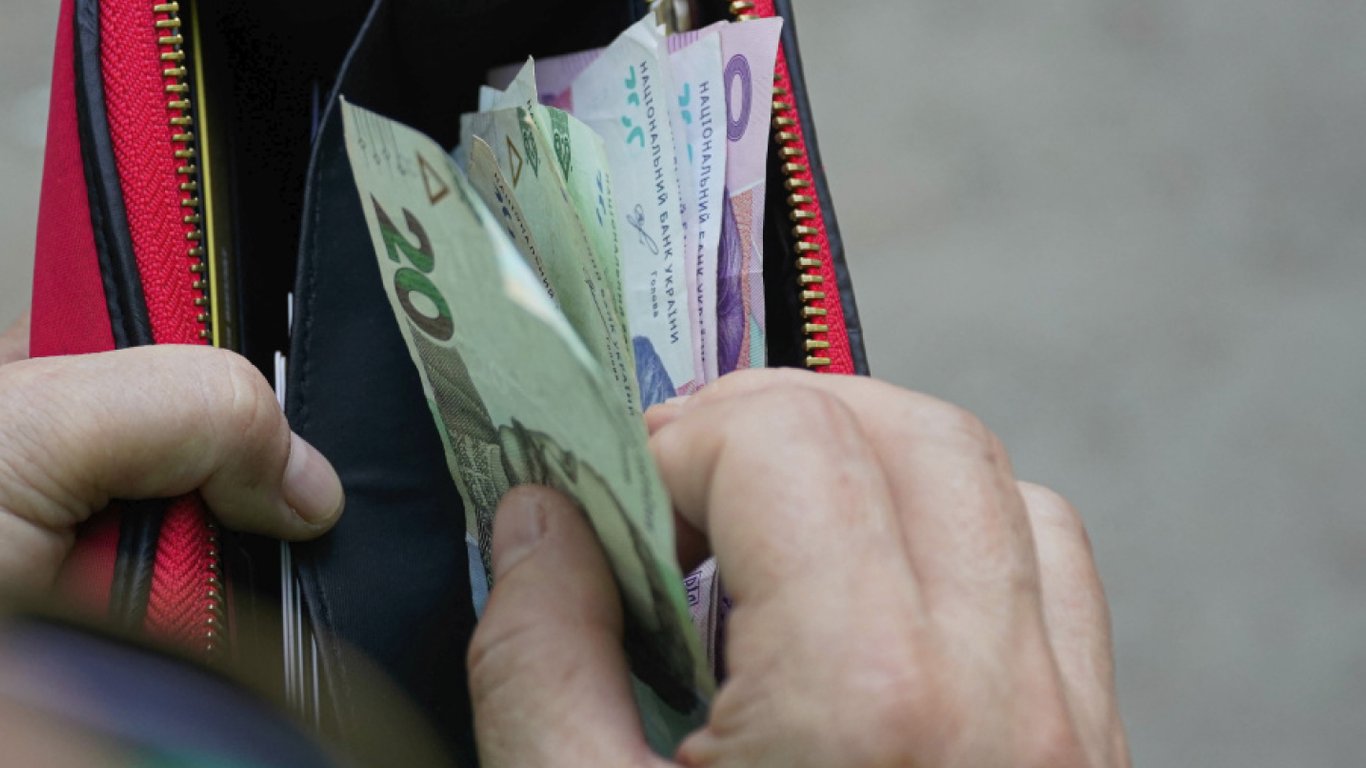Ukrainians will find it harder to obtain a Pole's Card – Rzeczpospolita.


The Polish government plans to take measures to combat abuses in obtaining the Pole's Card. According to Polish officials, some local archives and courts in the countries where the program operates have been involved in document forgery. This is reported by the Polish publication Rzeczpospolita.
More than 206,000 people today have a Pole's Card, introduced in 2007. We have issued the most cards to Belarusians and Ukrainians
The government of Donald Tusk plans to make changes to immigration policy to complicate obtaining a Pole's Card. Authorities are doing this in response to reports of abuses in the repatriation process and issuance of Pole's Cards, particularly the use of forged documents to confirm Polish ancestry.
Previously, to obtain a Pole's Card, an applicant needed to prove the presence of relatives of Polish nationality in the direct hereditary line or actively participate in Polish organizations for at least three years. Knowledge of the Polish language was not mandatory.
The Polish government plans to reinstate the requirement to confirm knowledge of the Polish language and to scrutinize applicants' documents more thoroughly. Activists in Polish public organizations will no longer have privileges in obtaining a Pole's Card.
Most often, these documents were issued by the Federation of Polish Organizations in Ukraine, the Union of Poles in Ukraine, and the Union of Poles in Belarus.
The launch of the "Pole's Card" program in Belarus has led to the creation of an entire industry. Companies, receiving generous payments, were involved in finding documents and organizing meetings at the consulate. The exact number of forged documents is unknown.
Holders of the Pole's Card can receive financial support from the state during the first nine months of residence in Poland. According to the Act on the "Pole's Card," the authorities guarantee financial assistance for the first three months of residence, amounting to half of the minimum wage, and from the fourth to the ninth month - 60% of the wage.
According to data from 2023, the state allocated about 40 million zlotys for this program. However, the number of requests for financial aid has been increasing every year. In 2022, a record 12,000 applications were submitted, which is twice as many as in 2020. State bodies do not always manage to process all requests on Time, leading to delays in financial assistance.
Recently, border guards detained 11 organizers of illegal border crossings from Belarus into Poland. The detainees were involved in the smuggling of migrants from Russia and Belarus to Western European countries. Among the detained were citizens of Ukraine, Belarus, Poland, and Russia.
Read also
- Another plaque appeared in Odessa - in honor of whom
- Legality of the operation of Odesa restaurants and clubs without shelters
- Extra Charges in Transport - What Many Passengers Forget
- Ukrainians can receive assistance from the UN Agency - details
- New Will of the Inheritor - How to Cancel a Will in 2025
- Assistance from NRC - who and where financial support is available









